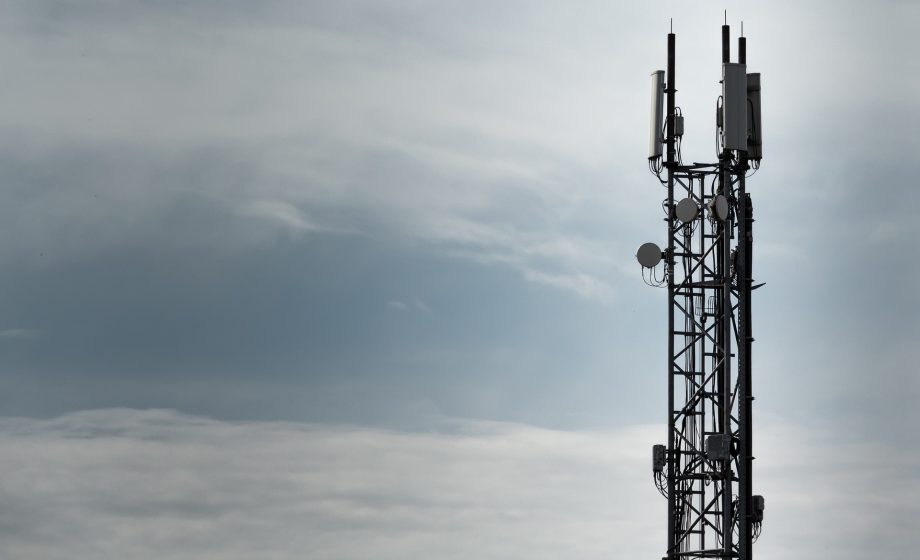Germany is set to publish new 5G security guidelines that would not exclude Huawei from providing equipment for networks, rejecting calls by US officials to shut out the Chinese tech firm, according to Reuters.
Huawei is the world’s leading vendor for telecoms equipment, with 28
The US has warned that Huawei equipment may include “backdoors” that could allow spying by the Chinese government, and pressured allies to exclude their equipment from next-generation mobile networks. However, they haven’t produced any evidence of spying, and Huawei has denied the accusations. Officials in Europe and Asia have reportedly complained about the lack of proof for the claims, according to The New York Times.
And according to the German newspaper Handelsblatt, Angela Merkel personally intervened to eliminate a clause that would have banned the Chinese tech giant.
“Essentially our approach is as follows: We are not taking a pre-emptive decision to ban any actor, or any company,” German government spokesman Steffen Seibert said in a news conference this week.
The US Congress has prohibited federal agencies and contractors from using Huawei equipment.
And legal arguments by the US government, after Huawei sued over the restrictions in federal court earlier this year, have suggested that officials are more concerned with the “prospective threat” of spying than with any past behaviour by Huawei. A 2017 national intelligence law gave the Chinese government broad powers to compel Chinese companies and individuals to help them gather foreign and domestic intelligence.
5G networks are expected
And concern over Huawei equipment goes beyond unproven claims about spying. Earlier this year, a UK oversight board found “serious and systematic defects” in the company’s software engineering and cybersecurity measures.
The UK has delayed its own decision on whether to use Huawei in its networks, though a leak has suggested that it will use the company’s equipment in lower-risk, non-core elements.
Image by Jürgen Diermaier from Pixabay

